The content of the article
A solar guest persimmon usually appears on the shelves of Russian stores at the time when the first severe frosts hit. Thanks to this bright yellow fruit, the body additionally receives many vitamins and minerals.
Many are waiting for the persimmon to finally go on sale, but if a woman is breastfeeding during this long-awaited time, and she wants to taste a tart, but tasty fruit, she has concerns whether the new product will affect the baby.
Healing opportunities
Persimmon is very useful, because doctors and traditional healers offer patients to include persimmon in the menu as a diuretic, as well as a laxative, which increases immunity and protects the liver.
Fruit is useful as a preventive way to protect yourself from such ailments as:
- Colds. Basically, this is possible due to the presence of ascorbic acid in persimmon, which is known for such unique properties as reducing the risk of developing colds, stimulating the immune system, and removing traces of irritation and fatigue. Especially in cold and bad weather, when the number of respiratory infections rises sharply, persimmon along with honey will reduce the chance of getting sick. Vitamin C also fights against seborrhea, eliminating metabolic disturbances.
- Urinary problems. Persimmon contains such substances that contribute to the normalization of the tone of the bladder, reduce the inflammatory processes in it, softening the inflamed mucous membrane. The diuretic effect of the product is caused by the presence of trace elements of calcium and potassium. Potassium is known as an active assistant that promotes the removal of fluids from the body. It also ensures the normal functioning of nerve impulses. Calcium is able to remove accumulated salts of heavy metals from the body, and this is the main element of bone tissue - if it is not enough, there is a risk of osteoporosis.
- High blood pressure. The presence of trace elements, such as magnesium, helps to remove the threat of pressure surges. Thanks to potassium, which does not allow sodium to accumulate in the body, due to which pressure rises and swelling occurs, the pressure is regulated. Orange fruit strengthens the walls of blood vessels. For preventive purposes, it is proposed to peel the fruit, and grind the flesh by adding a small amount of milk. The resulting mixture should be eaten in the morning and evening.
- Detoxification. Persimmon contains antioxidants, which are not for nothing called the free radical traps. Who loves persimmon, protects his body from the active effects of free radicals.
- Nervous conditions. During the period of gestation, and then childbirth and during lactation, the woman’s nervous system is constantly stressed along with others. This instability often leads to mood swings, fatigue, and tearfulness. To get rid of such unpleasant symptoms, you need to eat persimmon. Its composition, for example, potassium and sugar, will help to look at the world joyfully.
But persimmon is not only a tasty and healthy product. It is used in cosmetology to delay the aging process. To do this, it is enough to periodically make a mask to tighten the contour of the face, to get rid of small wrinkles. The most common way is to make a mask by mixing persimmon pulp, pre-whipped yolk and freshly squeezed lemon drops. The gruel should be kept on the face for no more than 15 minutes. If glycerin and aloe juice are added to such a mask, you can get rid of the oily sheen of the skin of the face.
As a general prophylactic against hemorrhoids, traditional healers offer 15 gr.dried persimmons leave soaked in a liter of water. After 10 minutes, drink the liquid, but only after eating.
Variety of varieties
Persimmons have many species, but they are divided into several groups - these are soft varieties and tart.
The most famous are:
- Chocolate. Differs in a skin of saturated orange, closer to red. But in the middle, the color is chocolate. Small specks are clearly marked on the top. The taste is very pleasant.
- “Maru” variety - assorted coffee and cinnamon - has an unusual taste. The shape of the fetus as a whole seems round, however, it is slightly oblong. Chocolate flesh is hidden under the peeling skin.
- “Fuyu” variety is distinguished by such taste qualities as sweet pumpkin possesses, which allows it to become an ingredient in salad. The fruit is small, very rarely there is a bone in it.
- The largest and sweetest persimmon of the Izu variety.
- The “mabolo” has a velvety skin, when this persimmon has matured, it has a bright red color.
- Metamorphoses occur with the hachiya variety. While the fruit is young, it is very sour, but as soon as it ripens, the flesh becomes tender and literally melts in the mouth.
- “Yemon” may contain a bone, but there are fruits without it. It has a flattened appearance. When ripe, the pulp is very sweet and soft.
- It is very simple to recognize the “sapote”, as its skin is green and the flesh is milky until it has ripened, but it darkens significantly as it ripens.
The dangerous properties of persimmons for a nursing mother and her baby
- Persimmon brings many benefits, and even affects the production of milk, as it contains almost 80 percent of the liquid. But there is a lot of sugar in it, therefore after its use the level of sugar in the blood may increase.
- A large amount of persimmons eaten can cause constipation, and the baby too.
- Persimmon is also dangerous as a strong allergen, therefore, mother should include it in her own diet after reaching a child of 4 months of age. It is to this period that the digestive system begins to work well and better absorb substances that come with milk. If the baby is worried about gases and colic, it is better to exclude persimmons from food. Children's doctors offer only with complementary foods to eat this fruit for mom.
There are some rules on how to eat persimmons for your health:
- Once in an empty stomach, it can upset digestion due to the high content of tannin and pectin. The result will be clumping of food into lumps, which leads to the appearance of stomach stones. Tannin is mainly found in the skin, so nutritionists advise it not to eat.
- Do not combine protein foods with persimmons. This is because tannins can provoke protein adhesion, which will negatively affect the digestion process.
- It is not recommended to drink dried persimmons with milk in order to prevent vomiting and diarrhea.
For babies, the danger lies in the increased content of beta-carotene in persimmons, which can act as a strong allergen. If the mother still uses persimmons, the child will suffer more, as a result, skin irritations and dermatitis may occur. Tannin not only affects the viscosity of the fruit, but it is absorbed for a long time, and for a newborn it is a very complex process. Excessive exercise can lead to upset stomach, vomiting, or diarrhea. There is another danger - it is possible that the load on the bladder will increase.
When choosing a persimmon, you need to buy ripe and soft so that the skin is uniform in color. Dark spots and dots warn that the fruit begins to deteriorate or was too frozen.
Video: what kind of fruit can a nursing mother have?

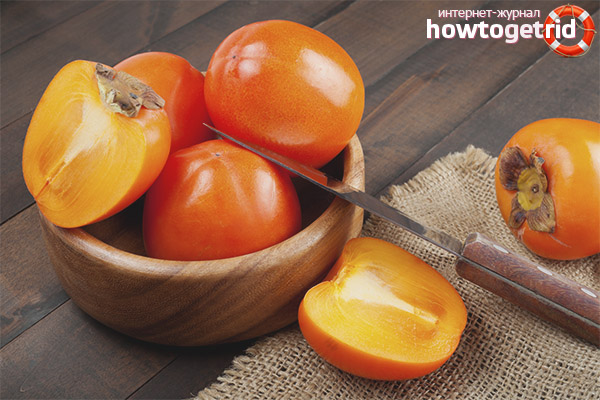
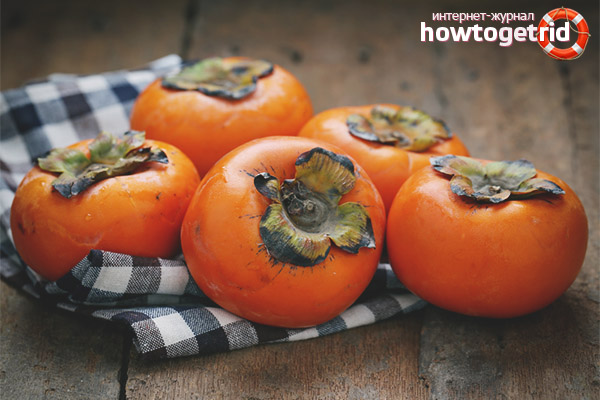
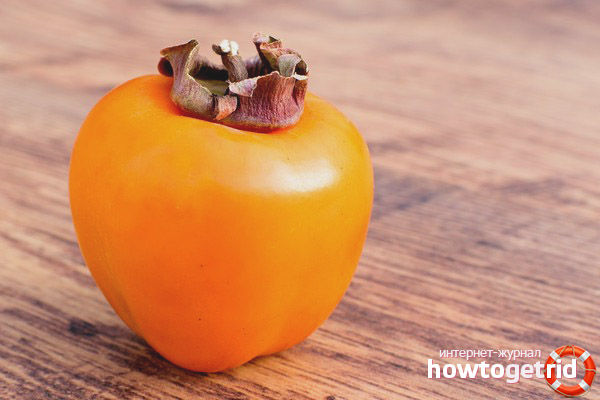
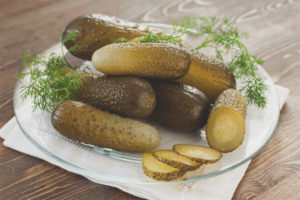

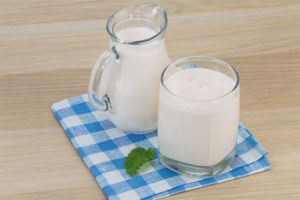
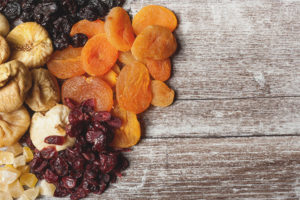
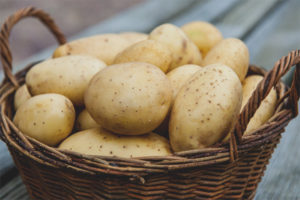
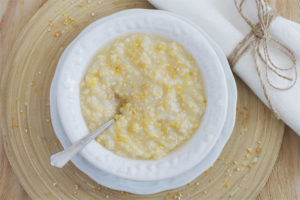
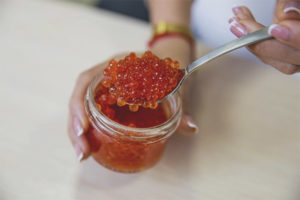
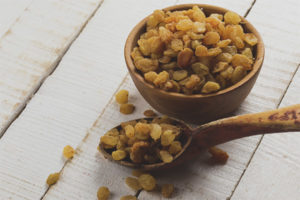
Submit